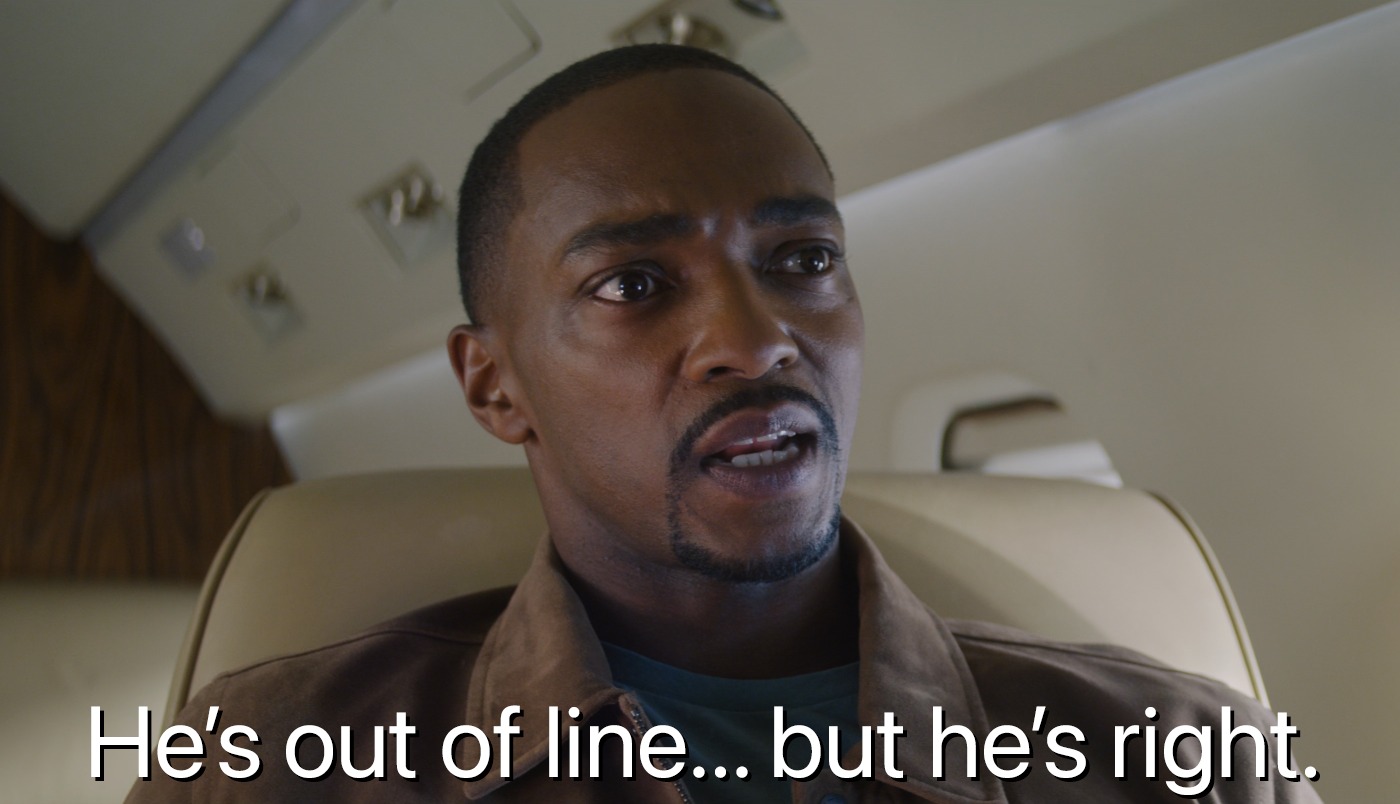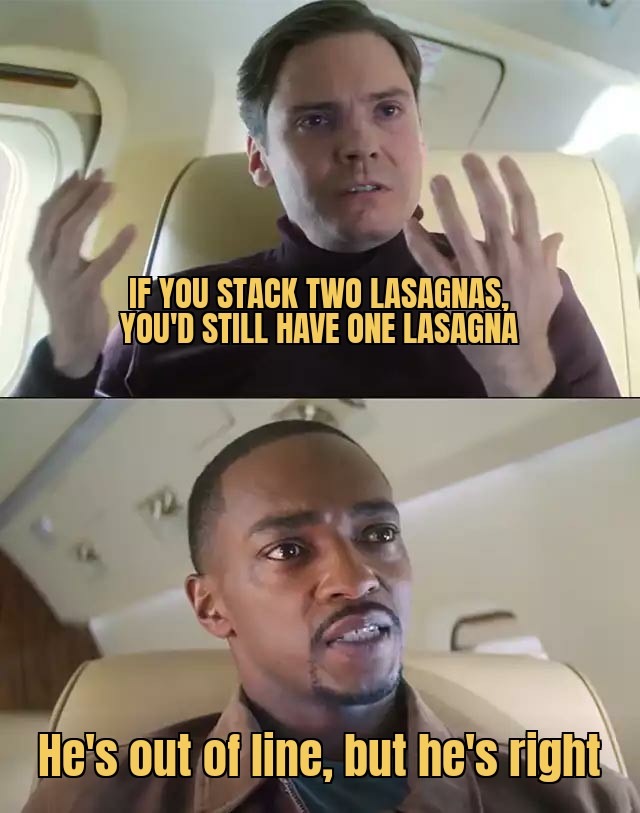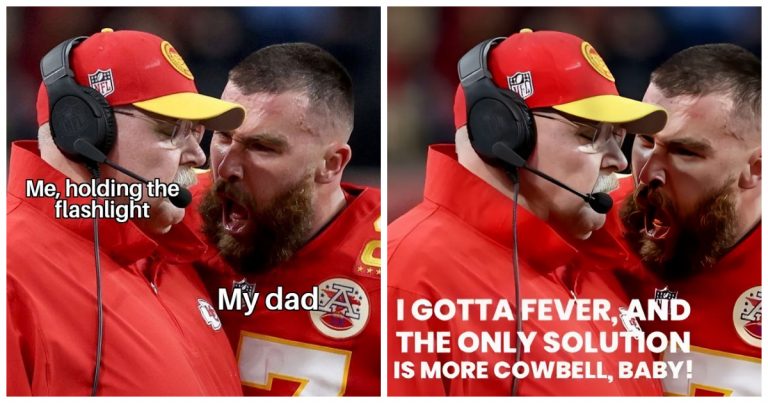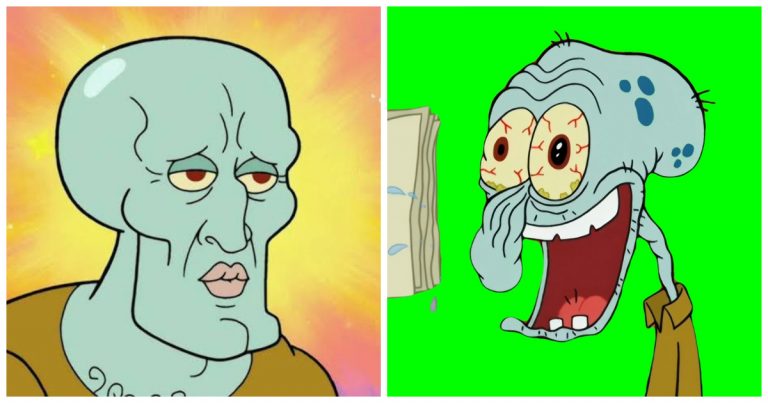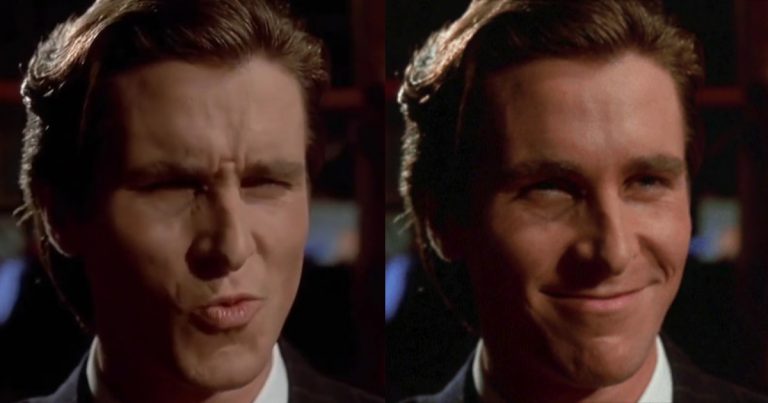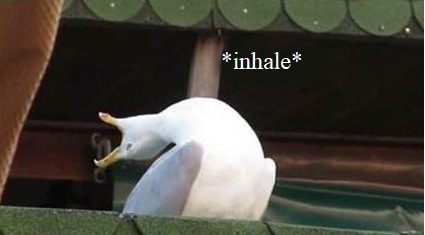From Falcon To Fandom: The Rise Of He’s Out Of Line But He’s Right Meme Culture
The “He’s Out of Line But He’s Right” meme, originating from The Falcon and the Winter Soldier (2021), has become a cultural staple in Marvel Cinematic Universe (MCU) fandom and beyond.
This article examines its origins, psychological appeal, and evolution within digital culture.
By analyzing its role in fan communities, commercialization, and adaptability, the piece explores why the meme resonates and whether it will endure as a lasting emblem of moral ambiguity and defiance in meme culture.
1. He’s Out of Line But He’s Right – What Does It Mean?
Definition and Origin of the Meme Phrase
The “He’s Out of Line But He’s Right” meme encapsulates a moment of moral ambiguity, where a character’s controversial stance is simultaneously criticized and validated.
The quote originates from a scene at the 12:30 mark in the third episode of The Falcon and The Winter Soldier, released on April 2, 2021.
Scene Breakdown – The Moment That Sparked a Meme
In this moment, Falcon, Winter Soldier, and Baron Zemo are on Zemo’s private plane. Tension lingers between Falcon and Winter Soldier and their former adversary, Zemo.
While Falcon and Winter Soldier discuss music, Zemo interjects with a comment aligning with Falcon’s view, but in a way that irks him, prompting the quote.
In Episode 5, John Walker’s violent behavior as Captain America prompts Bucky to remark, “He’s out of line, but he’s right,” acknowledging Walker’s flawed but partially justified perspective on global threats.
The line resonated with audiences due to its encapsulation of moral complexity, a hallmark of the MCU’s Phase 4 storytelling.
The scene’s emotional weight and Bucky’s reluctant validation made it ripe for memeification, as fans latched onto its nuanced commentary.
2. Meme Culture and the Marvel Cinematic Universe (MCU)
Popular MCU Quotes That Became Memes
The MCU has produced countless quotes that lend themselves to meme culture. Some of the more well known ones are Steve Roger’s “I understood that reference” (The Avengers, 2012), Thanos’ “Perfectly balanced as all things should be” (Avengers: Infinity War, 2018), and Tony Stark’s “That’s america’s ass” (Avengers: Endgame, 2019).
Quotes like these live seamlessly within meme culture because of their brevity, emotive quality, and adaptability into humorous scenarios (Shifman, 2014).
The MCU’s humor, when combined with its seriousness, provides a perfect platform for memes.
MCU vs. Other Franchises in Memeability
When examined alongside Star Wars’ mythic archetypes and DC’s darker tone, the MCU offers accessible humor and easily relatable, character driven narratives.
While anime is popular for memes, the specific cultural context limits its appeal to a niche audience, while the MCU’s around the world box office and streaming appeal makes it accessible to a much wider audience, and more appealing to the memes regarding the “He’s Out of Line But He’s Right” meme, which gets wider appeal from non-comic book fandom.
3. The Psychology Behind the Meme’s Appeal
Why Do We Relate to ‘Out of Line But Right’?
What makes this meme relatable is its representation of moral ambiguity, where rejecting norms elicits both criticism and endorsement. Psychologically, it fulfills a human urge to be validated for controversial opinions, especially in polarized environments.
The humor lies in the recognition of the underlying truths to a “wrong” action, and the relatability (for some) of responding to ethical quandaries.
Does the Meme Reflect Real-Life Social Commentary?
Yes, the meme often ties to real-life social commentary. On sites like X, users use it in political commentary, such as criticisms of leaders or policies that are wrong but could be defended in part.
It has also been used in social justice contexts, where activists used the meme to point to morally vexing issues, like protests that are disruptive but similarly raise potentially valid claims.
4. How the Meme Has Changed Over Time
From Quote to Template: How the Meme Was Repurposed
Initially, the meme’s connection to The Falcon and the Winter Soldier is somewhat tenuous, but it has transformed into an adaptable template.
The image can be a still from the television series of either Bucky or Walker, and captioned with something like, “Me when my boss is rude but also right.”
The meme has traveled beyond the MCU and become relevant to discussing politicians (i.e., gross but correct!) or even in terms of colleges (i.e. unconventional but acceptable theories), variability is attractive.
When He’s Out of Line AND He’s Wrong
In what some may call inverting the meme, where characters are “out of line and wrong”, poke fun at vanity or failure.
One common caption for these images would be “me when I argue without facts” with random irrelevant imagery from the first Avengers movie.
There were enough examples of these variations to gain traction in Reddit’s r/memes which emphasizes the meme’s ability to change roles from validation to challenge.
5. The Role of Fan Communities in Meme Propagation
Platforms Where the Meme Thrives
The meme bodies on Reddit (r/memes, r/marvelmemes) and Tumblr, X, and TikTok. Reddit prefers static images with text, while TikTok prefers a video edit along with trending audio, like Billie Eilish’s “Bad Guy.”
X is more immediate for topical debates and Tumblr’s sub-communities contribute more intricate remixes that combine MCU and other fandoms into one.
How Different Fandoms Use the Meme Differently
BookTok reconfigures the meme for literary debates, like supporting flawed protagonists. FilmTok connects to parallelisms in cinema, and gamer subcultures take its controversial use to gaming strategies.
Social justice spaces used it as a means of highlighting morally gray activism as a demonstration of the meme’s ability to cross fandoms.
6. Commercialization and Brand Adoption of the Meme
Have Brands Used the Meme in Marketing?
Yes, brands like Wendy’s, and Netflix have both used the meme. Wendy’s creatively took to X (the new Twitter) to humorously defend spicy options in their menu using the meme, while Netflix used it in conjunction with promotions for Stranger Things.
These brand campaigns work well because they relate to previously generated fan humour, simply using the meme and it works, but where it all goes wrong is if brands use the meme too uses it too often, it risks it feeling too forced at that point.
When Memes Jump the Shark – The Risk of Overuse
Using the meme too often can diminish its authenticity and lead to consumer fatigue.
Some signs of “jumping the shark” with a meme would be seeing generic brand posts with the meme, or brand posts that had similar language and images repetitively that audience (consumers) were tired of seeing & wanted a level of creativity.
The “He’s Out of Line But He’s Right” meme seems to still be impactful, but brands should consider being careful to not explore it too much so that it loses impact.
7. Future of “He’s Out of Line But He’s Right” and Meme Longevity
What Makes a Meme Evergreen vs. a Fad?
Evergreen memes are defined by cultural versatility and common themes. Fads can follow trends that fade away as quickly as they emerge.
The best example is Shifman’s description of ‘evergreen memes.’ The meme’s most important feature is its focus on moral ambiguity, and moral ambiguity is adaptable and can have multiple meanings, allowing for diversity of future context.
Will This Meme Stand the Test of Time?
Because the meme is adaptable, I suspect it would have staying power as the MCU contains a large cultural footprint.
Perhaps in the same way that “Distracted Boyfriend” also became a more recognizable meme in popular culture.
Future forms may integrate more AI mediated remixing and generate augmented reality overlays. I believe that the meme could last beyond 2025.
Conclusion
The “He’s Out of Line But He’s Right” meme, born from The Falcon and the Winter Soldier, exemplifies the MCU’s influence on digital culture.
Its psychological resonance, fan-driven propagation, and adaptability across contexts underscore its significance.
As a reflection of moral complexity and defiance, it captures the zeitgeist of a polarized era, with potential to remain a staple in meme culture.

